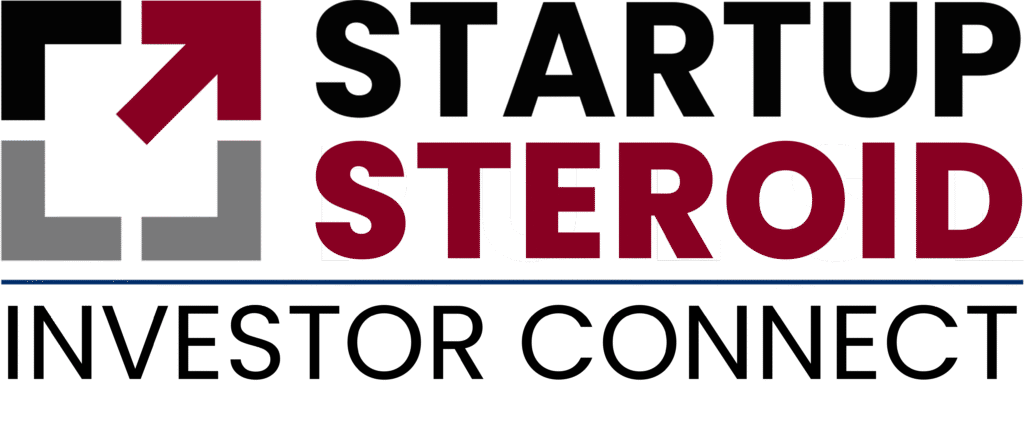In terms of investing in startups, there is no formula. Early stage angel investors tend to tread that thin line between information and intuition. On the one side, they use data, metrics, and research. On the other side, they go with their gut — a sense about the founder, the idea, or the market. Getting it just right in terms of balancing gut instinct and due diligence is what sets the successful investors apart.
The Power of First Impressions
First impressions matter — especially in the early stages of startup funding. A founder’s energy, clarity of thought, and belief in their solution can spark interest long before any spreadsheets are reviewed. Early-stage angel investors often pay close attention to how a founder communicates, how they handle questions, and whether they show signs of coachability.
This initial “gut feeling” isn’t random. It’s shaped by years of pattern recognition — investors subconsciously compare the founder or startup with others they’ve seen before. But while gut instinct can prompt interest, it’s just the starting point.
Digging into the Details
After the initial spark, due diligence takes effect. This step allows early-stage angel investors to explore deeper into the foundation of the startup. They review the business model, market opportunity, competitive environment, traction so far, and any appropriate financial projections. They also check the cap table and legal papers to spot and shun potential red flags.
Although the degree of due diligence will depend on the size of the check or where the startup is in its lifecycle, veteran investors don’t omit this process — even when their gut indicates that the deal feels good. It’s how they differentiate reality from hype.
When Gut Instinct Conflicts with Data
Sometimes, investors love a founder’s pitch, but the numbers don’t back it up. Perhaps the market is over-saturated, or the revenue model has yet to be validated. In such cases, early-stage angel investors have to consider whose argument holds more strength.
Some may choose to pass, trusting that the gaps are too large. Others would resort to their gut feel, particularly if they are convinced of the founder’s flexibility and ability to pivot. Most successful investments are made not because the information was impeccable, but because the investor had confidence in the founder’s adaptability.
Why Experience Shapes Intuition
The more deals an investor observes, the better their instincts get. For experienced early-stage angel investors, intuition is frequently backed by hard-won experience. They’ve watched great-sounding pitches on paper collapse in practice. They’ve watched unlikely concepts work simply because of a focused founder or a conveniently timed market change.
This experience makes their gut instinct more reliable — but not foolproof. Even veteran investors get it wrong. That’s why due diligence is still crucial. It validates assumptions and helps manage risk.
The Role of Collaborative Investing
Angel investors tend to invest as part of a syndicate or group. This format provides the benefit of multiple points of view. Someone else’s in-depth knowledge of an industry may support another investor’s gut feeling. By discussing and sharing diligence, early-stage angel investors are more able to make knowledgeable decisions that blend both data and intuition.
This peer review process acts as a check-and-balance system — ensuring that no one gets carried away by emotion or overlooks essential details.
Trusting the Intangible
Some of the best investments in startup history were made when the data didn’t look promising. What stood out in those cases was something intangible — the founder’s vision, resilience, or the sheer uniqueness of the idea. Early-stage angel investors who learn to recognize these intangibles often gain access to high-potential opportunities others miss.
Still, this kind of investing isn’t about blind faith. It’s about knowing when the intangible is strong enough to outweigh the risks — and using due diligence to confirm that the risks are manageable.
Conclusion
Early-stage investing is part science, part art. Gut instinct opens the door, while due diligence helps decide whether to walk through it. For early-stage angel investors, the best outcomes often come when both sides work together — when instinct is sharpened by experience and supported by facts.
In an environment where uncertainty is the default, having the ability to marry intuition and information isn’t merely beneficial — it’s essential. Whether you’re just starting out as an investor or you have years of experience, mastering the art of blending both can result in wiser choices and better results.





